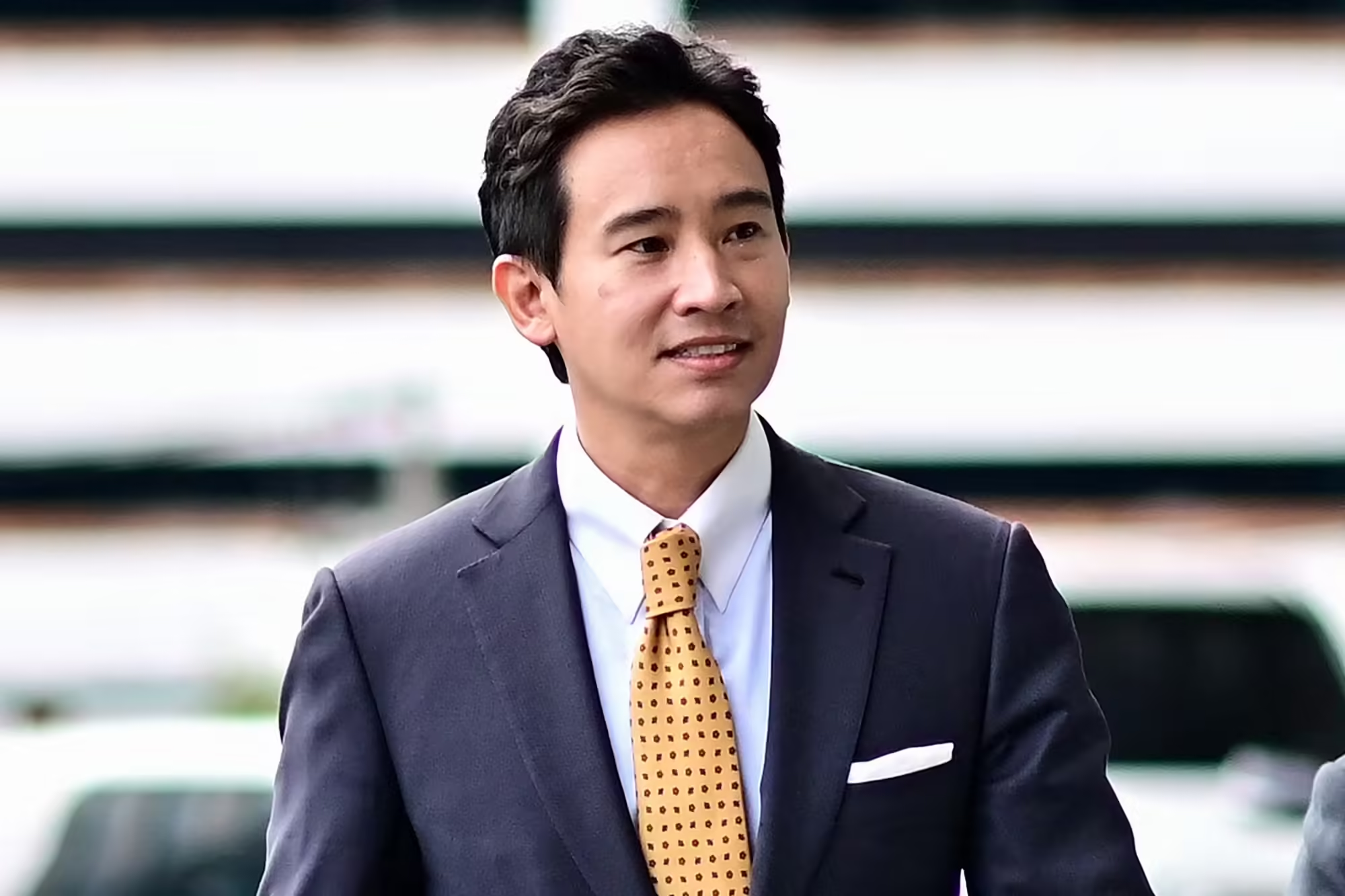Thailand’s anti-corruption body announced on Friday that it is investigating 44 members of the disbanded Move Forward party. The investigation follows a complaint seeking their lifetime bans from politics due to their support for legislation that aimed to amend the country’s strict royal insult law.
This comes less than a month after a court ordered the dissolution of Move Forward, which had been the surprise winner of last year’s election, largely due to its campaign promise to reform the law that protects the monarchy from criticism.
Among those under investigation are 25 current lawmakers of the People’s Party, Move Forward’s successor and the largest party in parliament. Thailand’s lese-majeste law, also known as Article 112 of the criminal code, is one of the strictest in the world, with penalties of up to 15 years in prison for each perceived insult against the royal family. Critics argue that the law has been used for political purposes to suppress opposition.
The National Anti-Corruption Commission (NACC), which handles more than just graft cases, stated that no charges have been filed yet and not all 44 individuals will be summoned immediately. “We have started calling relevant individuals to hear the facts,” said Sarote Phuengrampan, the NACC’s deputy secretary-general, adding that the current step is focused on gathering evidence without any charges being made.
The NACC’s process involves assessing whether there is enough evidence of unethical behavior to charge individuals. Those charged would have the opportunity to defend themselves before a final decision is made on whether to prosecute them in court. If convicted by the Supreme Court, the individuals could face a lifetime ban from politics, similar to the fate of a Move Forward politician last year who was banned for social media posts deemed disrespectful to the monarchy.
The latest case was initiated by conservative activists in February, just two days after the Constitutional Court ordered Move Forward to abandon its campaign to amend the lese-majeste law. Move Forward’s platform, which included anti-establishment policies like military reform and the dismantling of business monopolies, garnered significant support from urban and youth voters. However, it also clashed with powerful interests in Thailand, leading to its inability to form a government due to opposition from lawmakers aligned with the royalist military.
Sirikanya Tansakul, a senior lawmaker from the People’s Party, expressed that she is preparing a legal defense but remains unperturbed by the potential lifetime ban. “What’s more concerning is that an unfavorable decision would set a new precedent: trying to amend the law could be considered a serious ethical violation,” she said. “Amending section 112 or any law would be impossible.”



